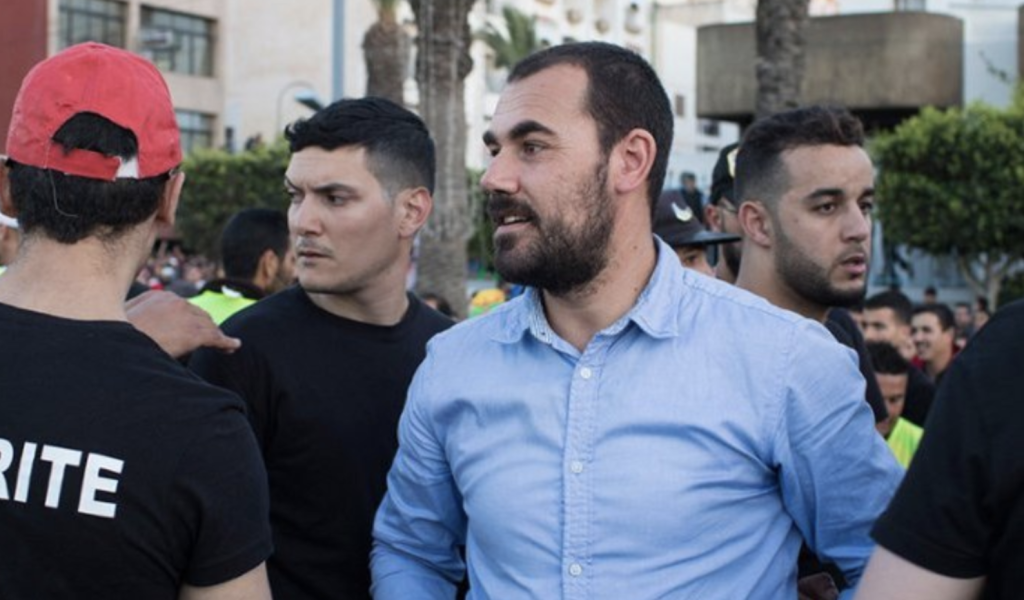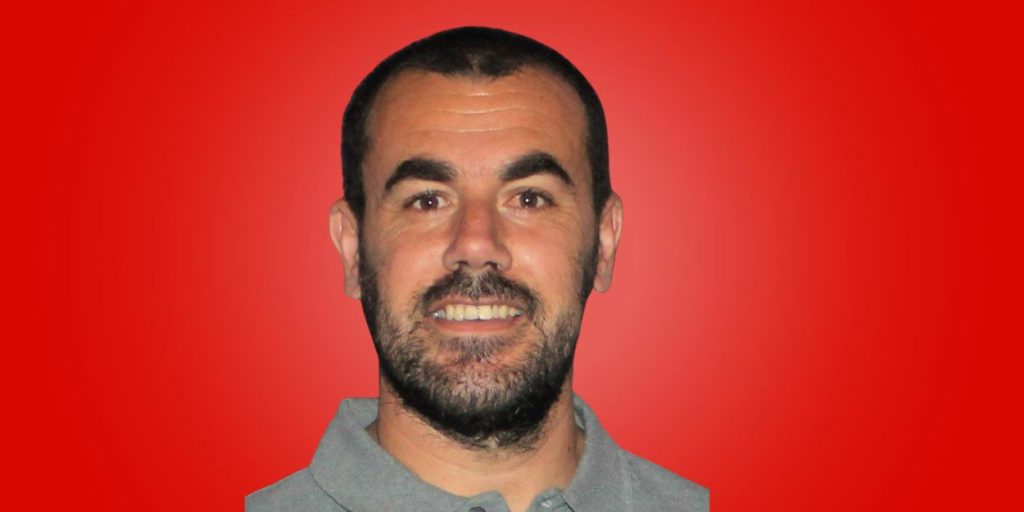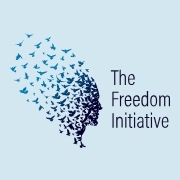For a full text copy of the brief, click here.

The results of the November 25, 2011 Moroccan parliamentary elections may have come as a surprise to many observers given the victory of an Islamist party, but for the youthful supporters of the “February 20 Movement for Change” who boycotted the elections, the outcome had little impact on the issue that most mattered to them—the establishment of a genuine constitutional democracy in which the king reigns but does not rule. The immediate backdrop for these pre-emptive elections originally scheduled for September 2012 was the political earthquake felt throughout the region following the overthrow of dictators in Tunisia and Egypt at the hands of mass-based popular movements. The bullet-like speed in which the monarchy responded to the first wave of popular protests in early 2011 by passing constitutional reforms and calling for early elections was emblematic of the regime’s long-standing practice of seeming to adapt to change in the face of immediate political challenges without fundamentally altering the calculus of power or diluting the monarchy’s monopoly of coercive force. Indeed, the success in these elections of the Islamist-oriented Justice and Development party (PJD), itself pro-monarchist and nationalist like all legally certified and electorally incorporated political parties, represents little change in the macro political character of the Moroccan state.
POLICY RECOMMENDATIONS
- Encourage the monarchy, both publicly and privately, to implement in a sincere and timely fashion the many constitutional changes it has introduced, giving promise that real democratic change is forthcoming. Past experience has shown that noble goals and worthy aspirations have not always been followed by effective implementation.
- Meet with members of the February 20 movement and impress on Rabat the immediacy and legitimacy of their many grievances and demands. In particular, it will be important to articulate that the various groups represented by the movement are suspicious of regime intent given that in the past, manipulation and dissimulation substituted for authentic reform.
- Shift the content and focus of USAID democracy and governance programming for Morocco, as well as increase the level of this funding. Of the seven Arab countries with a USAID mission, Morocco receives the smallest amount of bilateral assistance from USAID.
- Support Morocco’s democratization efforts by rewarding the implementation of political reforms, which will ensure that the changes in the new constitution are part of an ongoing process of reform and not the end point of such a process.
- Assist Morocco in its efforts to overcome extreme socioeconomic inequality by renewing the country’s MCC grant if democratic reforms are implemented beforehand. Morocco’s small, privileged elite monopolizes the majority of the country’s wealth and opportunities at the expense of a relatively impoverished and politically impotent mass public, fueling populist discontent and enabling extremist groups.
- Apply pressure on Rabat to work more assiduously to resolve the long festering Western Saharan conflict, which has undermined political stability, economic development, and regional security.





